Vegetables and fruits should be an integral part of one’s diet. It gives the much needed vitamins and minerals that keeps our body fit and strong. But what if they become our killers? The alarmingly increased amount of insecticides and pesticides sprayed on fruits and vegetables proves this too. This is not only fatal to us but also to the environment and its inhabitants. Most of us would have wondered about the drastic changes in the environment and the climate. You don’t have to go too far for the answers. The poisonous pesticides and the deadly diseases arising from it will be one of the biggest threats in the near future.
But there is no problem that does not have a solution. “If there is a will, there is a way”; if you have the mind and willingness to work hard, this problem can be tackled. Organic farming is the best solution one can suggest. It is a natural and healthy way to grow vegetables for your own personal consumption. Apart from the fact that it does not contain pesticides and insecticides, what attracts most people to it is the fact that the product will have high amount of nutrients and minerals compared to the vegetables that we buy from the market. The researchers have found that the amount of nutrient and mineral content in the organic produce is about 400% higher. The remarkable difference between the pesticide sprayed vegetables and the organic vegetables is of the taste. But if you are about to complaint about the lack of time or space, think twice. Think about the money and time you have to spend at hospitals in the near future due to diseases that arise from this issue. So the best way to solve this is to set up an organic garden in your terrace.
So here are some tips that you can use while setting up your own vegetable garden and making it a grand success!
1) FIND AN APPROPRIATE PLACE
The first step that you have to do is to find the most suitable place for your garden. City dwellers, you don’t have to worry. Roof tops or balcony can be transformed into a successful vegetable garden. Make sure that your garden gets maximum sunlight (at least 6 hours of direct sunlight a day) and it should be near a water source to make the watering easy. Also take necessary steps to protect the garden from birds, animals and unwanted creatures. As you begin to set up your garden, give importance to the drainage issue so that your garden does not hold too much water.
2) PREPARE ORGANIC GARDEN BED
The next step that you have to do is to prepare the soil. First you have to decide on the size and shape of the garden bed and dig out that much area using a spade. If the soil is poor in organic matter, to amend it, add compost (about 2-3 inches thick), which can be purchased from the local market. Adding compost to the soil increases soil moisture retention, boosts p H and reduces nutrient loss. It improves soil structure and reduces certain diseases.
3) ORGANIC SEEDS
The next step is to shop for organic seeds at local gardening stores. Select those plants that are less vulnerable to diseases or pests and are disease resistant ones. Choose plants that can grow well in your region and soil type. So select plants sensibly with the help from others. Also water the soil immediately after planting.
4) PRACTICE ROTATION
Planting the same variety year after year can damage the soil by reducing its mineral content and it may also lead to develop different diseases to your plants. Practicing rotation in your vegetable garden acts as an armor in protecting your plants. It will also help to bring variety into your garden.
5) KEEP THE GARDEN CLEAN
Keeping your garden spick- and- span drives away diseases. Dead, fallen foliage are the main source behind the formation of diseases in plants. Maintaining the garden clean once in a week helps to prevent this from happening. Also preventing unwanted weeds from growing in your vegetable garden can bring about healthy plants. They not only compete with vegetables for nutrients and water, but they may also attract other harmful insects.
6) GIVE PROPER FOOD
Feed your plants naturally that will help them to grow fast. Providing natural minerals like well rotted animal manure will help the plants to grow faster. Also provide them with ample sunlight and air. Planting plants close together can lead to a problem in its air circulation. Proper space should be provided between them that can prevent many fungal diseases.
7) PLANT SOME FLOWERS
Planting flowers in the garden not only makes it prettier but it also attracts beneficial bugs that will help in natural pollination.
The process of sowing-nurturing-harvesting will be the most rewarding and satisfying experiences that you will ever have. Hence by joining this revolution you, as the children of Mother Nature, do your duty by protecting her and the society from harmful chemicals.
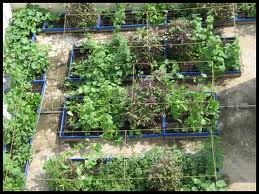
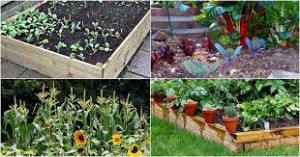
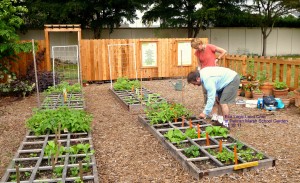
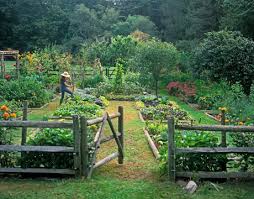
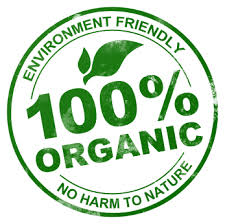
Leave a Reply